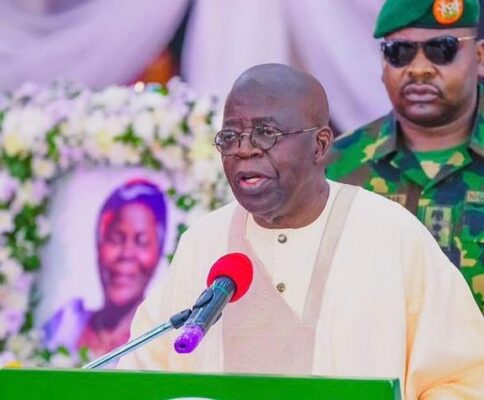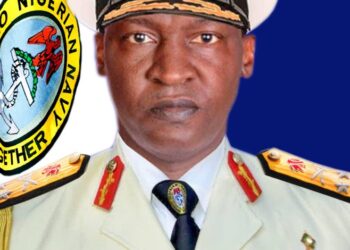President Bola Ahmed Tinubu has strongly rejected the United States’ decision to list Nigeria as a Country of Particular Concern (CPC) over alleged violations of religious freedom, describing the designation as inaccurate and inconsistent with Nigeria’s constitutional values.
The CPC designation, first introduced under former U.S. President Donald Trump, accuses certain countries of failing to prevent or tolerating serious abuses of religious liberty. Nigeria’s inclusion has been a recurring point of contention, with successive governments in Abuja dismissing the claim as unfounded and politically motivated.
In a statement posted on his verified X handle, @officialABAT, on Saturday, President Tinubu reaffirmed that Nigeria remains a pluralistic democracy dedicated to safeguarding the rights of every faith group.
“Nigeria stands firmly as a democracy governed by constitutional guarantees of religious liberty,” he said. “Since 2023, our administration has maintained open engagement with both Christian and Muslim leaders while addressing security challenges affecting citizens across all regions.”
The President argued that the U.S. designation overlooks the country’s decades-long commitment to promoting peace and interfaith harmony.
“Portraying Nigeria as religiously intolerant misrepresents the reality of our nation and ignores ongoing efforts by government, religious bodies, and community leaders to uphold peaceful coexistence,” Tinubu stated.
He reiterated that religious freedom remains a cornerstone of Nigeria’s identity, emphasizing that the state neither condones nor encourages persecution in any form.
“Religious freedom and tolerance have always been at the heart of our collective values,” he added. “Nigeria opposes all forms of religious persecution and will continue to defend this principle.”
Tinubu also pledged to continue engaging with international partners, including the U.S., to foster greater understanding and collaboration on protecting religious rights worldwide.
“Our administration is committed to working with the U.S. government and the global community to strengthen mutual understanding and enhance protection for people of all faiths,” he said.
This marks the second time in recent years that Washington has placed Nigeria on the CPC list—a move that has reignited debate within diplomatic and policy circles. Nigerian officials maintain that such classifications ignore the country’s long-standing tradition of coexistence between Christians and Muslims, despite ongoing security challenges.












